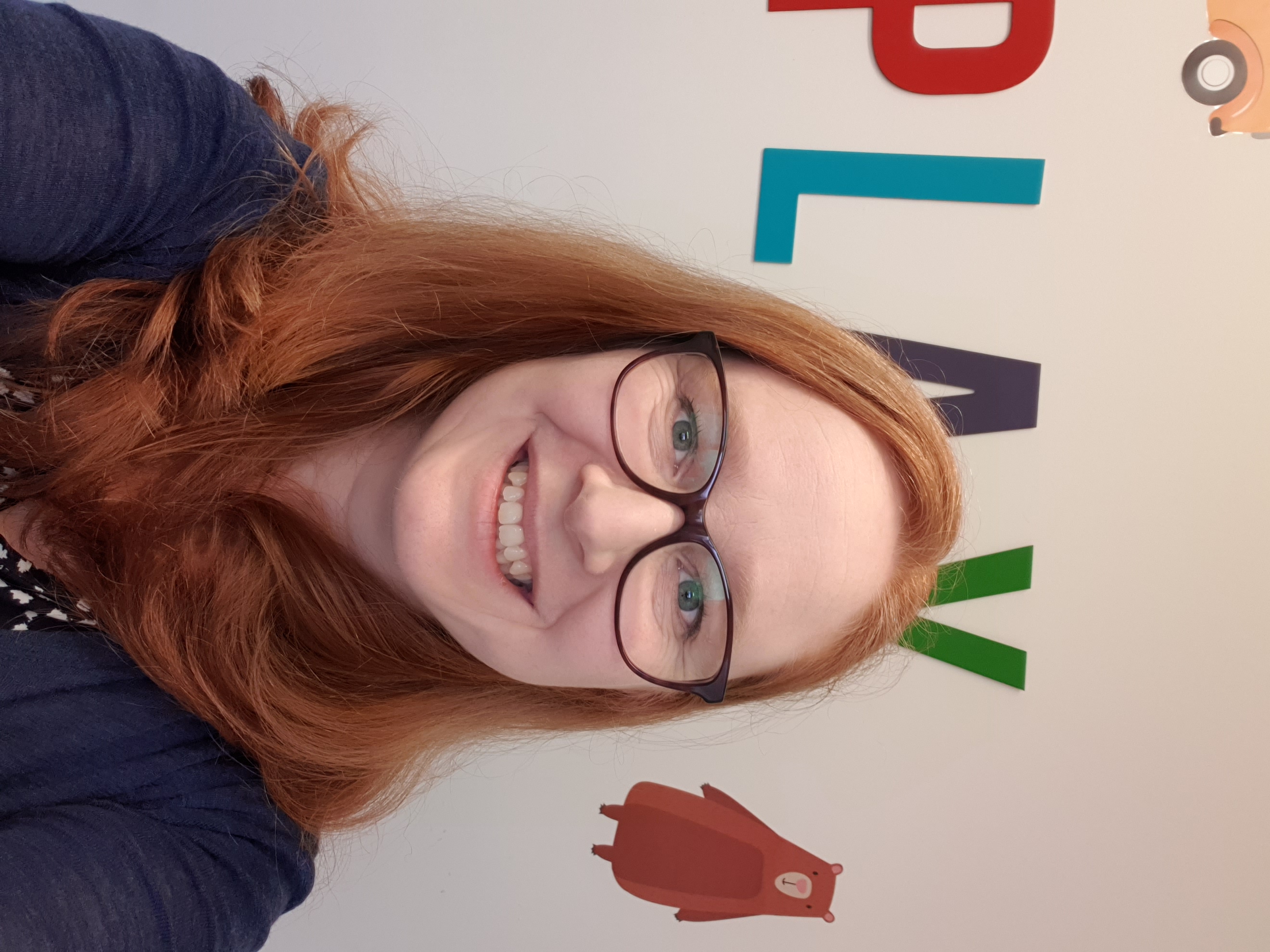Speech Pathology: Susan Douglas
Susan Douglas is passionate about helping people. Her speech pathology studies helped her find a job she loves working with children who have autism.

As a speech pathologist with Irabina Autism Services, Susan Douglas helps children who have a range of needs. Susan, who graduated with a Master of Speech Pathology in 2016, enjoys working with the children and their families and knowing she is making a difference.
“Being part of their lives means often working with them at their most vulnerable, especially if their child is newly identified as autistic,” she says. “Families put their trust in me, and I want them to feel confident that I am following best practice in all my interactions with them.”
Why the University of Melbourne?
I was coming to the end of a postdoctoral fellowship at the University of Melbourne and planning my next career move. The choice to apply for the Master of Speech Pathology at Unimelb was a logical one, as it is highly regarded, and the course structure suited my needs.
What are your strongest memories of university?
I was very fortunate to be studying with an amazing cohort of students. They are such a warm, bright bunch of people who made the daunting prospect of going back to study so much easier. They were my first network in the profession, and I have so many positive memories of our time together.
Who motivated you?
My family were incredibly supportive of me going back to Uni and were also my biggest motivators. We knew it would be a very challenging couple of years, but the prospect of a more stable work/life balance afterwards was a strong encouragement.
What goals did you set, and have you stuck to that plan?
My initial (pretty modest) goals were to secure a job and to work towards establishing myself in my new career. I am enjoying the feeling of accomplishment and reflecting on what's next for me career-wise.
What drew you to your area of expertise and what do you love about it?
I have really enjoyed the transition from researcher to clinician and feel very fortunate to work in an area I am very passionate about. I love directly connecting with children and their families and I consider it a privilege to be working with them to achieve their goals. I love it when children have that breakthrough moment in therapy, and the pride they have in their achievements.
Tell us more about your role and how your studies helped you prepare.
My role is simultaneously specialised and broad in scope. While I work primarily with autistic individuals, their needs can vary significantly. I valued the foundational learning provided through my studies to prepare for a career supporting people with communication and swallowing disabilities. The course also helped me shift my thinking from being research-focused to becoming a clinical practitioner.
What does a normal day at work look like for you?
Although I work in a specialist centre, my caseload is still very varied. At the moment, I am working 1:1 with children across a range of ages and with very varied presentations. I sometimes do group work and I'm currently planning a new program for young families which I'm very excited about.
How important is work life balance?
Really important. Being a speech pathologist is incredibly rewarding, but the same drive to succeed can also lead to burnout which is all too common in the healthcare professions. I'm a constant work in progress on this one, but I try to set boundaries and disconnect from work when I'm at home. I'm a better clinician when I take the time to recharge, and I value time outside of work. I have a wonderful family which includes two attention-seeking dogs, so it's not hard to find the motivation to switch off!
What are some career highlights and what’s next?
There are many little joys in being a speech pathologist that are everyday highlights. The progress my clients make may not be world-changing, but it changes their worlds and that is so rewarding. A personal highlight has been the opportunity for my love of research and goals for clinical practice to intersect in the development of a new early childhood program in my workplace.
What advice do you have for current students?
A mindset of collaboration early is really valuable. Speech pathologists often work in interprofessional settings, and collaboration with colleagues from other disciplines as well as other ‘speechies’ can really positively shape your own clinical practice – even as early as in the clinical placements included in the course.
What is the biggest risk you’ve taken?
Going back to full-time study with a young family. I knew I wanted a change and had thought hard about where to next, but it was still a leap of faith.